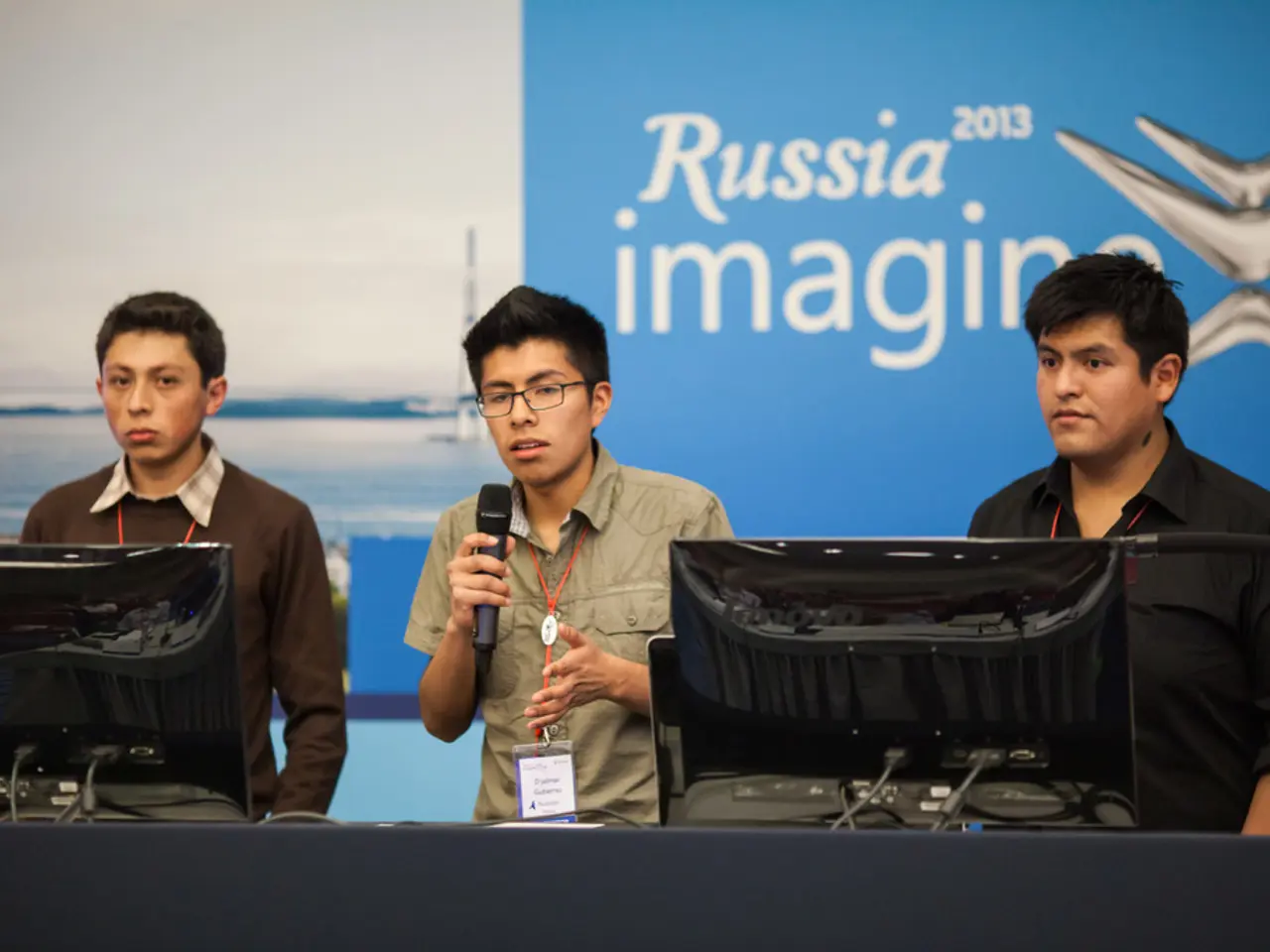Urges Russia to rejoin cybersecurity negotiations
In a recent development, Sergei Ryabkov, Russia's Deputy Foreign Minister and key arms control negotiator, has hinted at viewing cybersecurity as an integral part of the arms control agenda. This shift in perspective is particularly notable in the context of strategic arms talks such as the SNF-3 negotiations.
Ryabkov's comments suggest that controlling cyber threats should be given the same level of seriousness and framework as nuclear arms control. While he did not explicitly state that "cyber control is equivalent to arms control" in relation to SNF-3 talks, his remarks about ongoing cooperation on arms control issues and the importance of confidential dialogue indicate that cybersecurity is a topic under discussion.
Former Deputy Secretary of State, Wendy Sherman, has expressed a similar view, stating the need to revisit the issue. She also expressed curiosity about Ryabkov's viewpoint on control in the cyber sphere. Sherman, who headed the US delegation in the SNF-3 talks, did not specify which negotiating processes she was referring to or comment on whether these processes were related to Russia.
The shift towards considering cybersecurity as part of arms control discussions is noteworthy given the history of US-Russia tensions in the cyber sphere. Previously, US intelligence acknowledged Russian hackers' involvement in cyberattacks within the US.
Sherman noted Ryabkov's statement about control in the cyber sphere being the same as control over arms. However, she did not expect full control over the other side in the cyber sphere to be possible. She did acknowledge, though, that in the past, negotiating processes have allowed progress to be made in developing basic principles and measures to strengthen trust in the cyber sphere.
This potential broadening of arms control discussions to include cybersecurity is a significant development, reflecting a growing understanding of the interconnectedness of traditional and digital security. As these discussions continue, it will be interesting to see how they shape the future of international cybersecurity and arms control.
- The growing interest in cybersecurity as a part of the arms control agenda is evident in Ryabkov's comments about treating cyber threats with the same seriousness as nuclear arms, and Sherman's call to revisit the issue.
- In light of the US-Russia tensions in the cyber sphere and past cyberattacks, the potential inclusion of cybersecurity in arms control discussions could significantly impact the future of international cybersecurity and arms control.




